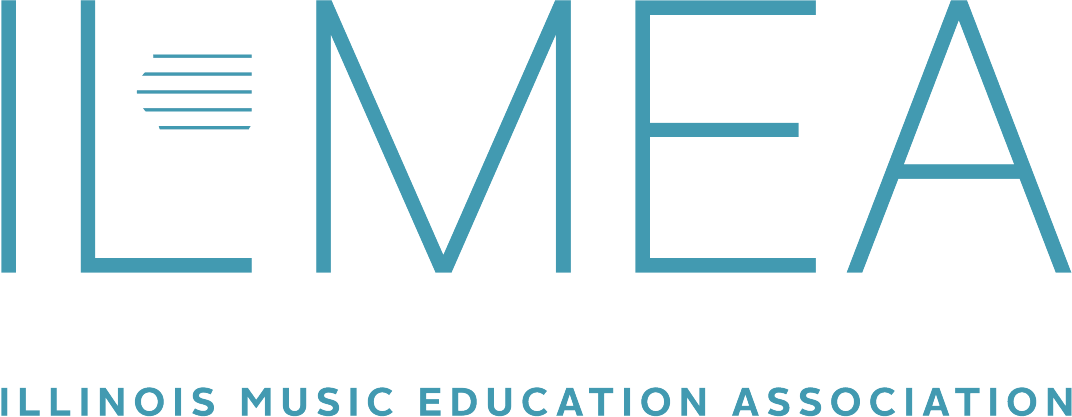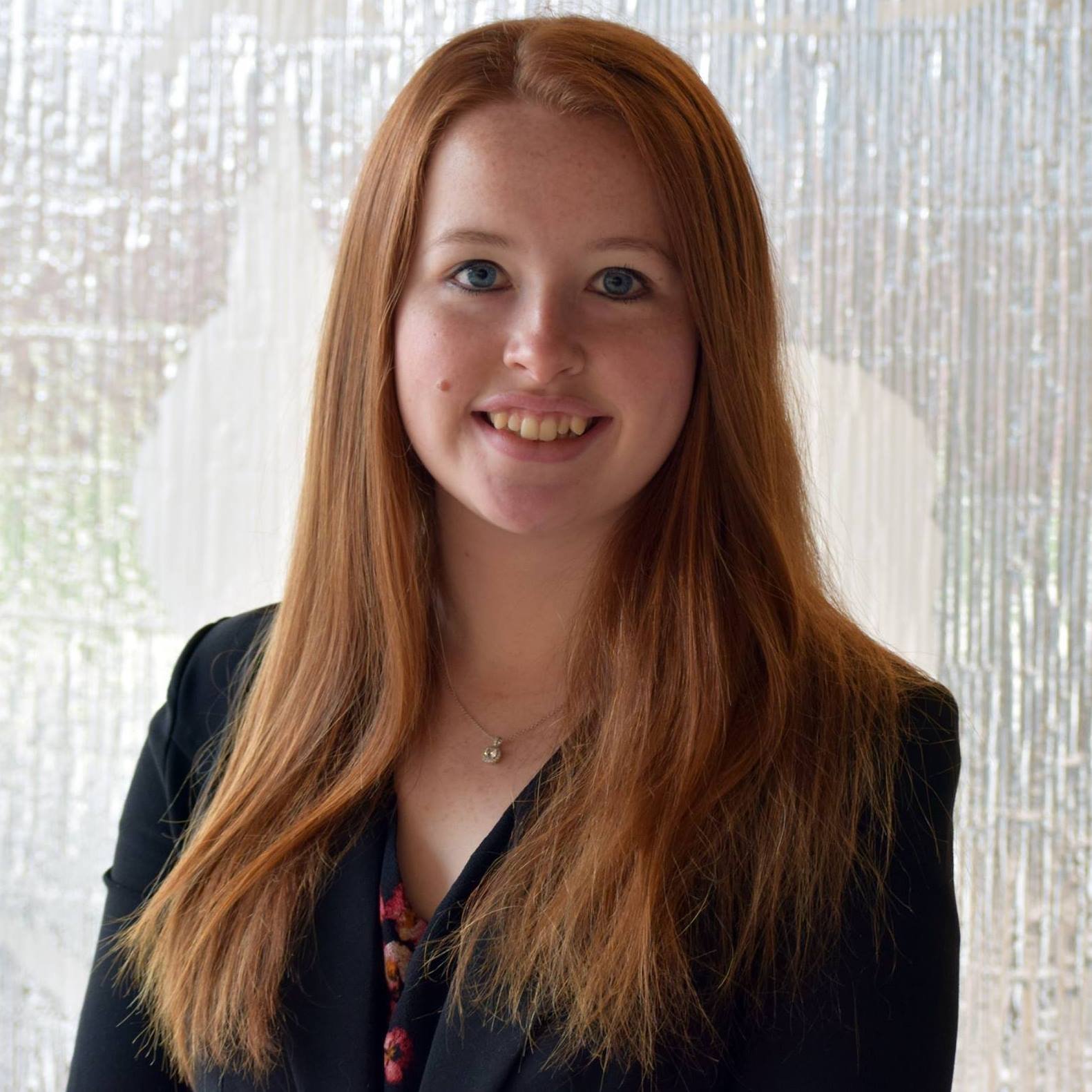If you are a job seeker, visit www.ilmea.org/jobs to see a variety of positions available around the state!
The job hunt is simultaneously the most exciting and scariest part of being a brand-new teacher. There is so much to consider when looking at potential jobs. I attended Benedictine University, a small liberal arts college in the heart of the Chicago suburbs. Throughout college, I identified as an instrumentalist, specializing in clarinet. I student-taught in excellent middle and high school band programs, and I knew that middle school band was my calling. As I began applying for jobs, I became discouraged when I wasn’t immediately getting interviews for band positions. So, I widened my search to include different concentrations, such as orchestra and general music, and different grade levels, such as elementary and high school. Ultimately, I accepted an elementary general music position, split between two schools, on two different operational calendars (one traditional, one year-round). This job also included an opportunity for curricular redesign of the program. Of all the positions I applied for, this one was the furthest from what I envisioned my first job would look like, and I was determined to make it work. Thus, my greatest advice to recent grads: keep an open mind. Be open to a new focus, schedule, location, and professional network.
Be Flexible at First
As music educators, we are trained to teach music, but sometimes we focus on what is familiar. Being an instrumentalist was my familiar zone. One of my biggest fears about teaching general music was not being a strong vocalist or pianist. How would I successfully teach an elementary music program? A mentor reminded me to play to my strengths. My program did not have to look like every other music program. As I extended my network of general music colleagues and developed my skills as a general music teacher, I drew heavily on my instrumental skills to teach reading, singing, playing, and composing. Teaching general music opened my perspective to what a holistic music education experience can be; it’s a specialization that takes hard work, especially for newcomers like me who want to do it right.
Consider the Calendar
“Wait, you don’t get a summer break?” That is often the first question people ask when they hear that I teach at a year-round school. My year-round school schedule begins mid-July with an intersession (break) every 8-10 weeks. The resulting breaks are a three-week fall break, three-week winter break, two-week spring break, and seven-week summer break. This calendar helped me to ease into teaching. Working only two days a week at the year-round school during that first summer allowed me to workshop lessons and adjust before bringing them to my other school. When the other school began, I was able to do the same in reverse. The balance between two calendars is not always easy. It can be challenging to plan for intersessions, but the frequent breaks help me recharge and avoid burnout by changing up the pace of my week.
Location, Location, Location
When looking for jobs, consider the location. Then, consider how important location is to you. I applied for jobs in the greater Chicagoland area because I wanted to stay close to my family. That narrowed my search area considerably, and I ended up teaching 30 minutes from where I grew up. Although I likely could have gotten a job teaching band if I had expanded my search radius, I chose to keep at least one level of familiarity. I limited my options, which meant that I had to be okay with other uncertainties.
Meet New People
The first year of teaching was hard. I was warned that it would be. There were a lot of unfamiliarities, and I quickly learned that building a network is key to working through the first year and beyond. I strongly suggest finding ways to connect with other music teachers in your building, district, and surrounding communities. You may have another music teacher in your building, or other music teachers in your district. Reach out and learn from them. Ask to observe during your plan time or meet for coffee to discuss the curriculum and share your ideas. Try to work with other teachers to build collaboration among programs. I worked closely with my district’s large-ensemble teachers to create recruitment initiatives that bridge the middle and elementary music programs. Get to know the other music educators in your area. Join your local Orff or Kodály chapter, judge a solo and ensemble contest, or teach lessons at the local music store. The more people you have in your corner, the more supported and confident you will feel.
Most importantly, don’t be afraid to jump into the unknown. The job you get right out of college might not be the job you retire from, but it will expand your skill set. If you’re worried about walking through some unexpected open doors, consider the job; you might find out that it’s a great fit! If not, make it a great year, and be the best teacher you can while you continue to develop yourself as a professional educator.
Brittany Chally graduated from Benedictine University (Lisle, IL) with a Bachelors Degree in Music Education. She is beginning her second year of teaching K-5 general music at McHenry School District 15 in McHenry, IL.


